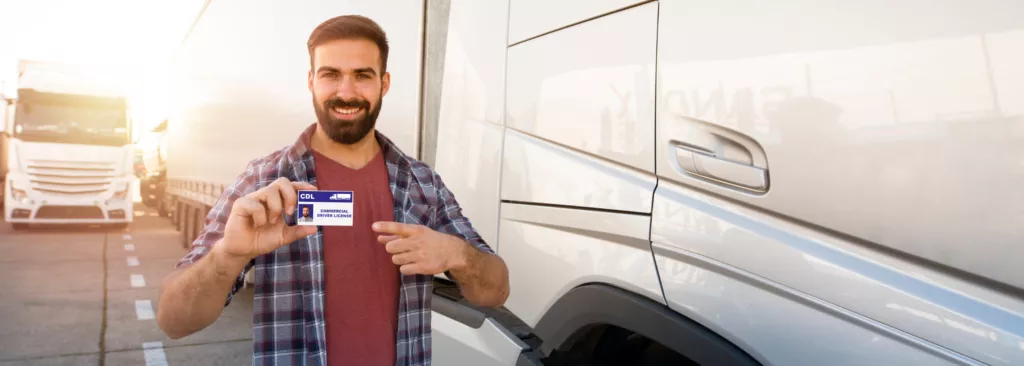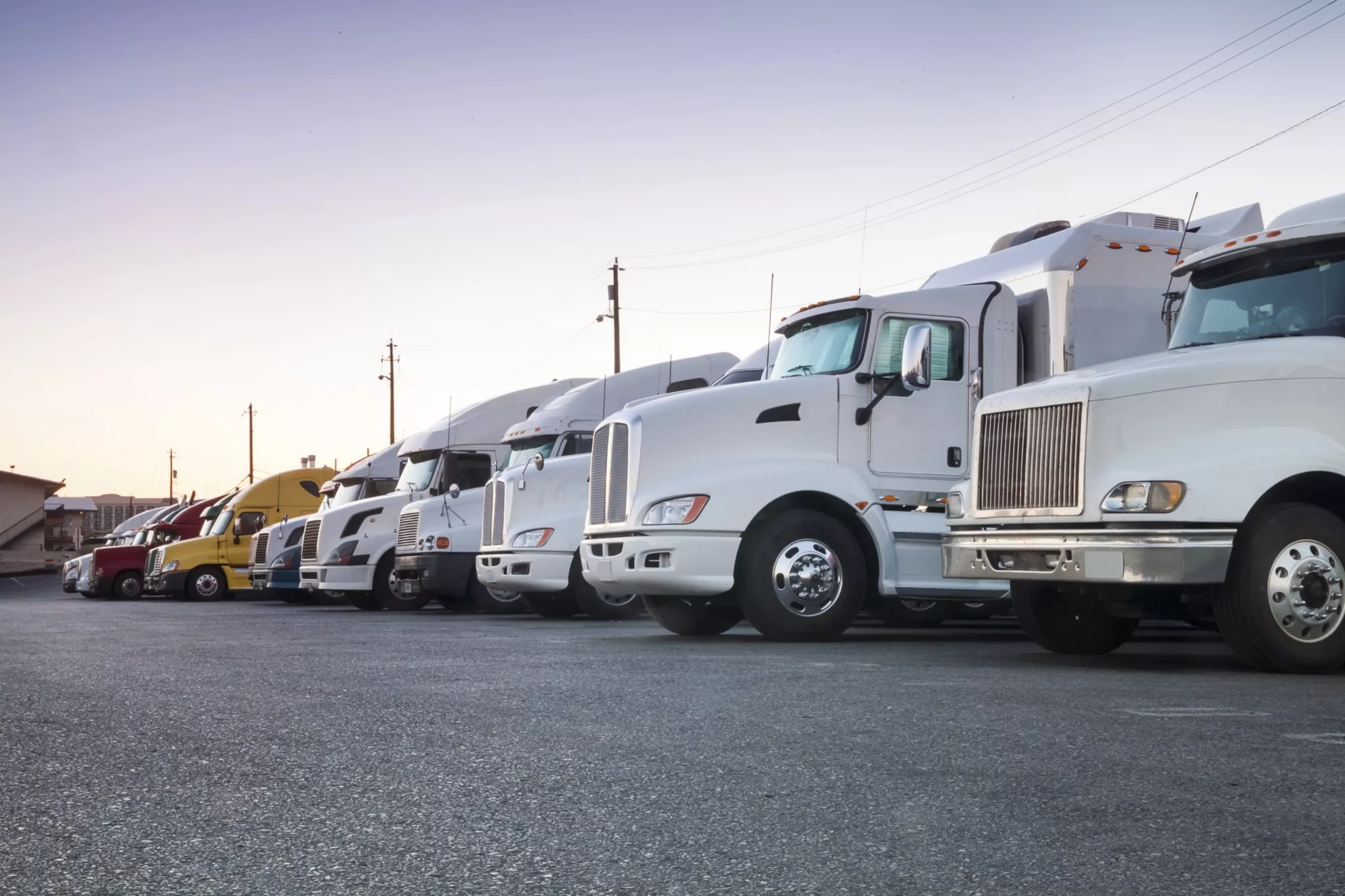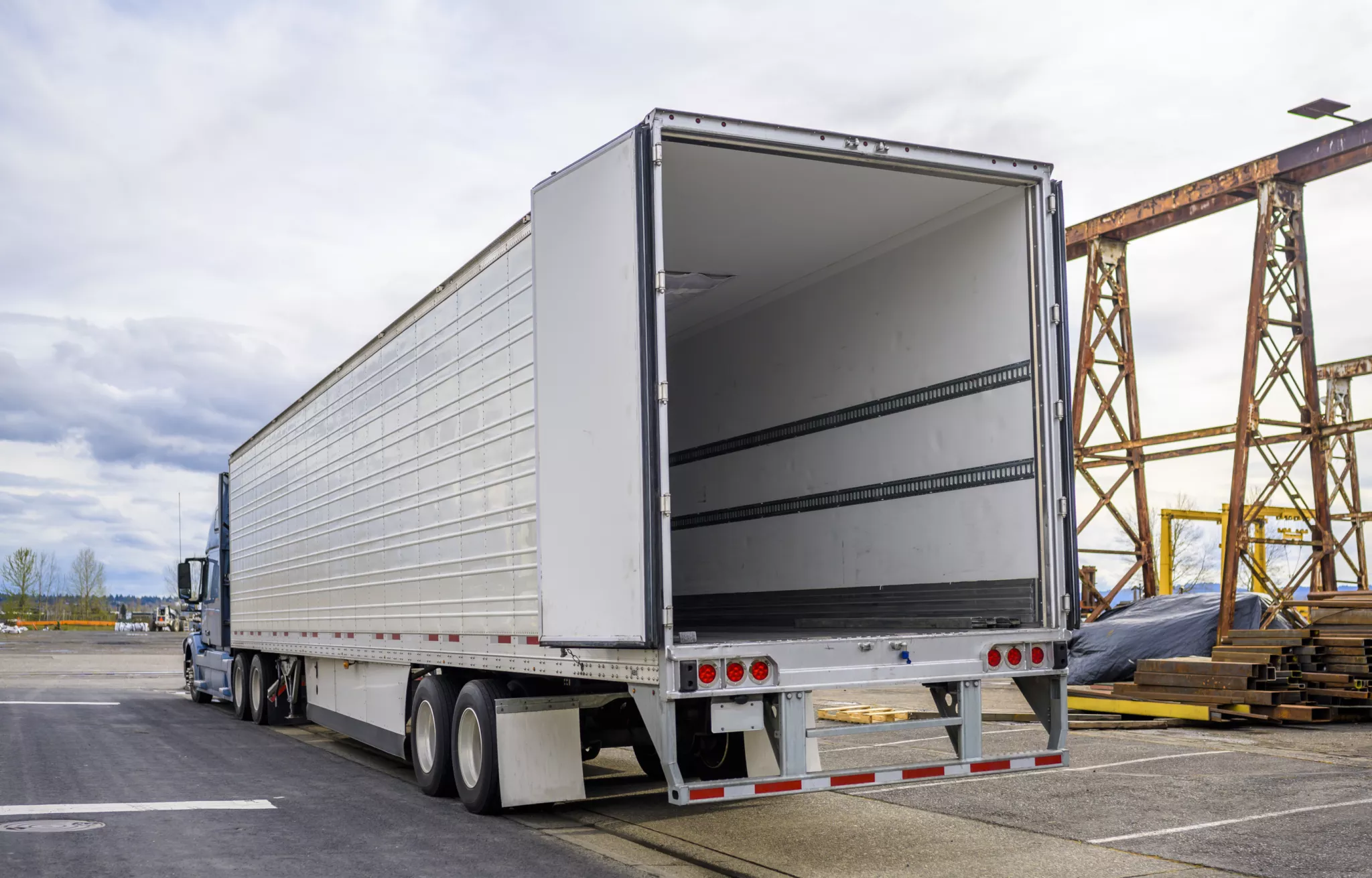Have you ever pondered the prerequisites for obtaining a Commercial Driver’s License (CDL) or the reasons behind acquiring your CDL truck driver certification? Does it worth getting it and what’s the difference between commercial drivers license vs drivers license? The demand for commercial truck drivers is rising, and undergoing CDL training could be your gateway to establishing a resilient career with substantial income potential.
Logity Dispatch is here to provide you with comprehensive insights into CDL requirements. We’ll cover everything from the fundamentals of commercial driving and non-commercial permit to helping you determine the most suitable driver’s license class for your aspirations.
How to become a truck driver
If you’re considering a career as a truck driver, you’ve likely been carefully evaluating the advantages and disadvantages of obtaining a Commercial Driver’s License (CDL). The benefit of securing a CDL, particularly a Class A CDL, is that it qualifies you to operate a wide range of trucks as your profession. However, before embarking on this journey, you’ll need to complete various prerequisites, including potentially covering the costs for CDL school, passing the CDL test, and meeting several other criteria before earning as a professional truck driver. If you’ve been curious about the requirements for a commercial license, here are the key steps you must take to become a CDL truck driver:
- Understanding your desired job type is crucial because various truck driving positions necessitate distinct certifications. For instance, if your ambition is to transport hazardous materials, you’ll have to obtain specialized certifications from the Department of Transportation (DOT), in addition to holding a commercial driver’s license, DOT number, and motor carrier (MC) authority. Conversely, operating a smaller passenger van demands a separate set of skills and a distinct CDL license class.
- Engage in a conversation with an experienced truck driver. After conducting your research on the various types of truck driving that pique your interest, it proves immensely valuable to have a dialogue with someone currently employed as a truck driver. You can gain insight into their career beginnings and comprehensively understand the job’s intricacies. For certain drivers, life on the road involves extended periods of solitary driving. Therefore, consider asking them about how they occupy their time while driving, where they rest and dine, and how they spend their downtime. Additionally, inquire about specific job details before making a decision regarding your preferred type of truck driving.
- Comprehend the prerequisites. Before finalizing your CDL training decisions, verifying that you fulfill all the conditions for becoming a CDL truck driver is essential. A credible CDL school typically requires a GED or high school diploma. Moreover, if you intend to acquire a CDL license for interstate travel, you must be at least 21 years old. However, it’s worth noting that in some cases, individuals can pursue a commercial driver’s license at 18 years old if their driving responsibilities do not involve crossing state lines.
- You will also require a birth certificate or documentation verifying your citizenship status and proof of residency in the state where you intend to complete your CDL training. Successful completion of a medical examination is mandatory. If you are currently taking specific medications or have medical conditions like diabetes, high blood pressure, or certain physical impairments, you will need a physician’s note affirming that these conditions will not hinder your ability to drive safely.
- Once you’ve confirmed that you meet all the prerequisites, your next step is to locate a well-regarded CDL truck driving school and successfully complete your examinations.
- Secure a CDL truck driver position. After completing your CDL training, you’ll have diverse job opportunities to explore. Given the high demand for both employed drivers and owner-operators, a wealth of excellent driver roles awaits. Alternatively, you could venture into entrepreneurship by acquiring your own rig and obtaining your motor carrier authority to run your independent operation.
Differences Between CDL vs. Non-CDL Driver’s Licenses
You have a choice: get cdl vs non cdl licence. You might be curious about the concept of commercial driving and the difference between cdl and non cdl. Commercial driving essentially involves driving in exchange for compensation instead of commuting to work in your personal vehicle, which still requires a non-commercial license. It’s important to note that not all commercial driving jobs mandate a CDL license. Positions such as rideshare driving, operating a small moving truck, certain mail carriers, and delivery drivers may not require CDL training, although they may necessitate other forms of specialized training. Consider the following to better understand the distinctions between CDL and non-CDL driver’s licenses.
CDL licenses
Is a regular license commercial or noncommercial? CDL licenses demand specialized training, rigorous testing, and medical evaluations, primarily designed for individuals who plan to operate larger vehicles or transport over eight passengers for compensation. This way it has plenty of specific requirements unlike regular licence. These CDL licenses are categorized into three main driver license classes.
Class A License
A Class A License is a versatile CDL that encompasses the benefits of both a Class B License and a Class C License and extends even further. When you possess a Class A truck driver license, you gain the capability to operate a wide range of vehicles, including heavy farm equipment large commercial rigs, handle hot shot loads, drive passenger vans, and effectively undertake nearly any job necessary to earn a livelihood.
Class B License
A Class B license permits you to operate a single vehicle exceeding 26,000 pounds in weight or a 3-axle vehicle weighing more than 6,000 pounds. Additionally, this license allows you to drive buses and operate various farm equipment and all vehicles falling under the Class C category. It’s important to note that the classification of these licenses as commercial or non-commercial depends on their intended purpose.
Class C License
This is the most frequently encountered license type and aligns with what most individuals envision as a standard driver’s license. Under this category, unlike non-cdl class c license, you are authorized to operate vehicles measuring under 40 feet long and tow trailers weighing no more than 9,000 pounds. Notably, the classification of these licenses as commercial or non-commercial is contingent on their intended usage.
What are the advantages of a CDL?
One of the primary incentives for obtaining a commercial driver’s license (CDL) is the consistently high demand for CDL truck driver jobs, a trend that has persisted for decades. The commercial driving sector boasts some of the lowest unemployment rates in the U.S., irrespective of your specific driving interests. Moreover, attaining a Class A License provides you with the flexibility to operate a wide range of vehicles. Whether your ambition is to become an over-the-road (OTR) truck driver or a hot shot trucker responsible for delivering small, time-sensitive loads, CDL training ensures you are certified to pursue any role that aligns with your career preferences.
Additionally, recent federal regulations have empowered State Driver’s Licensing Agencies to potentially exempt military personnel from CDL training requirements if they possess “two years of safe driving experience in a large truck or bus,” as the U.S. Department of Transportation specifies. However, it’s essential to verify individual state requirements to ascertain the applicability of this waiver. Let’s find out what’s the difference between commercial drivers license vs regular.
What are the advantages of non-CDL?
What is a non-commercial driver’s license?Not all driving career paths necessitate the acquisition of a commercial driver’s license (CDL). If you’re considering a role as a rideshare driver or handling local transportation of small loads (those that can fit in the rear of a flatbed truck or a small trailer), you may prefer to avoid the time and expenses associated with CDL school. Similarly, there are circumstances where obtaining a non-commercial Class B license may be the appropriate choice.
So, what does non cdl mean? This license permits you to operate farm equipment legally or drive a substantial motor home. However, it’s essential to note that acquiring a Class B license still entails passing a written knowledge test and a basic skills test, akin to the requirements for obtaining a Class A license.
If you remain undecided about pursuing a Class A license, consider exploring the possibility of becoming a CDL assistant. Some companies hire CDL assistants to support their CDL drivers. In this role, you would undertake all responsibilities of a CDL driver, excluding actual driving duties. Your tasks would encompass safety checks, secure cargo handling, route planning, and other crucial facets of the job.
How to get a CDL
If you’re considering obtaining your Class A commercial driver’s license, there are several essential steps to follow. First, it’s crucial to acquaint yourself with the trucking industry and determine which types of trucking jobs align with your interests. Afterward, ensure that you meet all the prerequisites for securing a commercial driver’s license. Finally, it’s time to explore CDL school options.
Selecting a reputable CDL driving school is a critical part of this process, and here are some key factors to consider when choosing a training program:
- Cost: CDL training expenses can range from $3,000 to $10,000. However, many companies and schools offer financial aid and on-the-job training opportunities to help you avoid accruing debt.
- Duration: Be mindful of the program’s length. Some schools offer training in as little as two weeks, which may not provide sufficient time to learn all the necessary skills to pass CDL certification tests.
- Instructors: Ensure that your chosen CDL driving school employs instructors with extensive industry experience and maintains small class sizes. Effective training often involves personalized attention, so you shouldn’t be in classes with more than four other students.
- Testing: To obtain your commercial driver’s license, you’ll need to pass both a written test and a driving exam. It’s important to inquire about the school’s policies if you don’t pass these tests on your first attempt. Will they offer additional training and support?
Once you’ve identified the right CDL driving school, you’ll take the written CDL permit test at the DMV. This permit allows you to train alongside a CDL-certified driver. Following successful completion of the CDL permit test and a physical examination, you’ll receive comprehensive training on various aspects of being a commercial driver, including backing up, driving, and conducting pre-trip inspections. Subsequently, you’ll undergo a final driving examination and a test assessing your pre-trip inspection skills. Upon passing these evaluations, you’ll be fully qualified and ready to explore CDL job opportunities as a certified truck driver.
Earn your commercial driver’s license and get trucking with Logity Dispatch
Logity Dispatch is your source for in-depth knowledge about CDL requirements. We’ll guide you through the basics of both commercial and non-commercial permits, helping you identify the ideal driver’s license class for your goals. Contact us today and get your CDL the smoothest and easiest way.
Check out Logity Dispatch blog to learn more tips and tricks and trucking industry insights!








